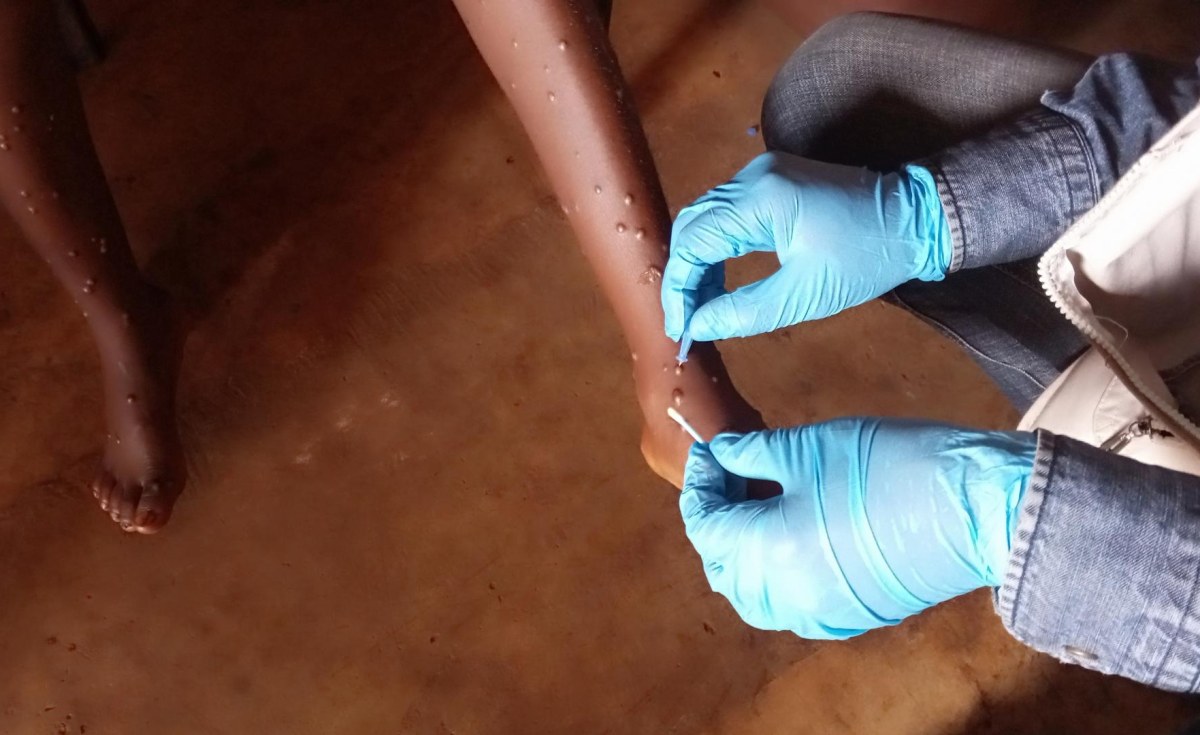Members seeking to exit Safaricom Investment Co-operative (SIC) are having trouble finding buyers for their shares, highlighting the difficulty of liquidating investments in saccos.
The illiquidity of SIC’s shares has been compounded by the value of the stocks remaining at Sh52.5 each since 2019, a decline from the peak of Sh525 seen in 2017 and 2018.
The fall in the share price is partly due to lower returns in recent years.
“The movement of shares in the secondary market has been slow in recent years. We note that this has caused pain and frustration to investors who have decided to sell their shares,” Rabecca Bisanju, chairperson of the supervisory committee says in SIC’s latest annual report.
“The viable option would be to improve the performance of the company to make it attractive to the general public in order to accelerate share movement in the secondary market. The implementation of the Strategic Plan 2023 – 2027, in particular strategic theme pillar one (growth of the SIC investment portfolio), is expected to result in a dividend payout of at least 13 percent by 2027.”
SIC has more than 5,000 investors. The investment co-operative, which draws the bulk of its revenue from the sale of land and houses, helped its members trade 1.66 million shares in the year ended December. This was slightly down from the volume of 1.67 million shares traded in 2022.
Members of other saccos –focusing on the basic deposit and lending business— also have difficulty liquidating their share capital as they have to find another member willing to buy them out.
To leave SIC, a member must offer their shares for sale on a first-in, first-out (FIFO) basis. Alternatively, a member can sell their shares to another existing member, but this is arranged via email. If there are no buyers, the shares can’t be sold, and the member is stuck with them until there is interest from other investors.
Consequently, SIC has paid a rebate of less than 10 percent since 2019 when it made zero distributions. Last year, it paid a rebate rate of 5.75 percent amounting to Sh143.8 million, down from seven percent (Sh176.9 million) in 2022.
The company recorded a net operating surplus before rebates of Sh203.4 million last year, down from Sh268.1 million in 2022 on the back of reduced revenues in the core real estate business.
Sale of land and houses dropped to Sh1.5 billion in the review period from Sh1.8 billion a year earlier, resulting in gross surplus from this business line declining to Sh437.5 million from Sh471 million after netting off cost of acquiring the properties.
In its latest change of leadership, SIC’s board has appointed Churchill Winstone Ochieng as the new chief executive, replacing Sarah Wahogo.















